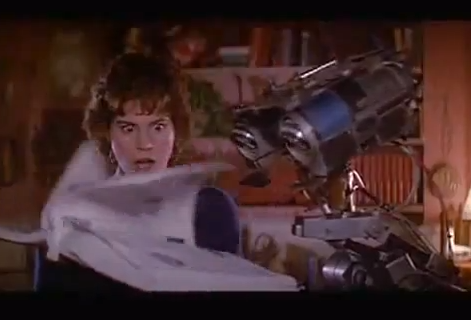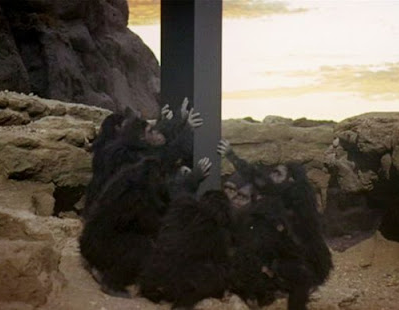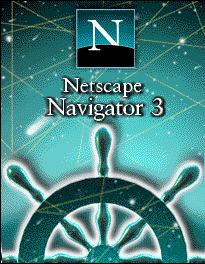
You have until March 4th 2013 to watch this excellent BBC4 documentary called “Google and the World Brain“.
If you live on Earth I recommend that you watch it. (Although you probably have to be in the UK to watch iPlayer)
Starting off with the problems of copyright in the digital age, it goes much further – it prompts you to think about everything from corporate responsibility to AI and the direction of human civilisation.
There’s too much to cover, but here’s a quick write-up with links to some of my favourite moments.
Continue reading…

This post is about whether we’re sufficiently educated in computer technology to live in a world that increasingly depends on it. I’m going to argue that although we may be doomed, perhaps we’re no more doomed than we’ve ever been.
Allow me to set the scene with a [possibly paraphrased] quote from astrophysicist Carl Sagan, circa 1995:
“We’ve arranged a civilization in which most crucial elements profoundly depend on science and technology. We have also arranged things so that almost no one understands science and technology.
This is a prescription for disaster. We might get away with it for a while, but sooner or later this combustible mixture of ignorance and power is going to blow up in our faces.”
Continue reading…

So far this year I’ve coughed up quite a bit of money for services that I reluctantly admit I am helpless without. One chunk of cash went to my accountant and another to a plumber. Not interesting, but true.
I don’t do analogue
These were expensive reminders that not everything in my life can be controlled by plugging in a keyboard and hacking up some code. It seems we are not – as it would appear in the pages of Wired magazine – living in a Cyberpunk novel.
Continue reading…
I was too busy eating last week to notice the Zuckerberg Christmas picture, but catching up with the story this week, I find the media responses and comments quite telling of how society is adapting to the Zuckerverse, i.e. how utterly confused everyone is — and that’s just the experts.
Continue reading…
Another year, another arbitrary division of time around which to discuss what’s been hot, what’s going to get hotter and what technology is going to be next.
You know what cool new things I’d like to see in 2013?
None.
That’s right, I’d like 2013 to be a year of no change whatsoever.
Continue reading…

Remember the dark days of the Browser Wars? I remember making whole Netscape versions of pages as well as IE versions – Yeh, we did that.
Those days are behind us, but I wonder what techniques we’ll laugh at in another ten years.
Perhaps we’ll laugh at how we made native iOS apps in addition to mobile sites. Or perhaps the other way around – Facebook changed their mind twice – I seriously have no idea which direction that whole thing is going.
Perhaps we’ll laugh at our obsession with having a single site for all devices, regardless of screen size or device capabilities. It looks like we’ve got a good thing going on with adaptive design, but something has to ruin that before long.
Continue reading…
or – A feature agnostic look at F8 2011; steps in the same direction
Another F8, another set of powerful new features, and yet I’m not surprised by any of them. I’m not saying I predicted them (I didn’t) but the announcements are typical of what I see as a clear pattern in Facebook’s evolution.
Without discussing specific features, the pattern of Facebook’s ‘progress’ typically adheres to these traits:
- More connections;
- Less friction;
- Deeper integration.
That’s Facebook marketing language. I interpret these traits follows:
- More data;
- Less opportunity for users to think;
- Placing Facebook at the centre of the Web.
Yes, I’m a cynic. Did you not know?
Continue reading…
 My geek friends are up in arms about Yahoo! shutting down Del.icio.us.
My geek friends are up in arms about Yahoo! shutting down Del.icio.us.
Apparently it falls into the category of “underperforming or off-strategy” products. The echo chambers are ablaze with calls to save it, or open the source code. Of course, my non-geek friends ask “What’s Delicious?” – and there’s the rub.
I’m not qualified to examine Yahoo!’s original business strategy for Del.icio.us, but one thing is pretty clear to me — the masses don’t use bookmarks; not even the browser toolbar kind, let alone a Cloud solution – sorry, I mean Web-based solution.
Remember this? (view comments oldest first). Meet the masses.
Continue reading…
Tim Whitlock's personal site and blog




 My geek friends
My geek friends